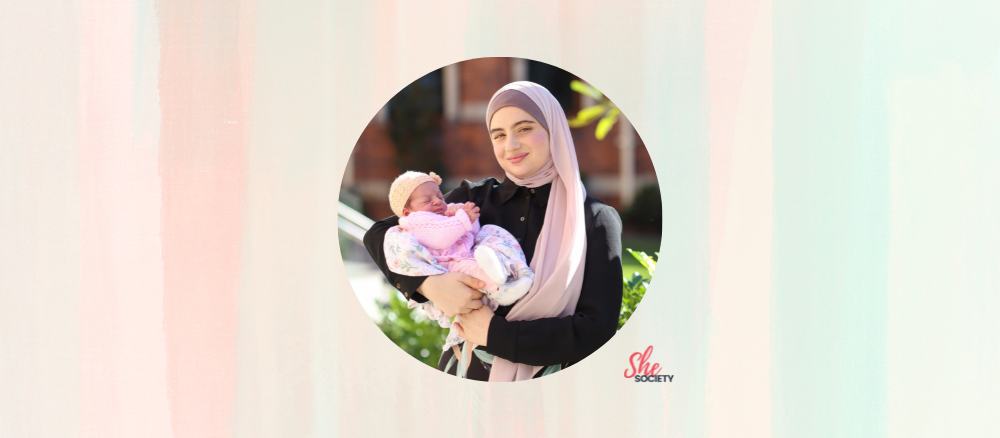
Queensland women are experiencing a “significant increase” in anxiety and depression during pregnancy, according to new research.
A long-term study of almost 67,000 mothers-to-be found the incidence of women suffering anxiety and/or depression rose from 16.5 per cent in 2013 to 22.6 per cent in 2022.
The rate of anxiety surged from 7.4 per cent to 18.4 per cent over the same period, while cases of depression increased from 13.6 per cent to 16.3 per cent.
The Mater Research study, Trends in perinatal mental health within a tertiary institution, was undertaken at Brisbane’s Mater Mothers’ Hospital and has been published in the Australian and New Zealand Journal of Obstetrics and Gynaecology.
Mater specialists are urging pregnant women and new mums not to dismiss mental health issues as the “baby blues” and to seek help immediately.
The research was undertaken by Mater Mothers’ obstetric and gynaecology specialist Dr Erin Wilson and hospital registrars Dr Nadine Becuzzi and Dr Georgia Bertram.
Dr Wilson said the findings could reflect wider mental health trends – and warned that in a small number of cases, the consequences for women and babies can be extremely serious and seeking help could prevent adverse outcomes.
“Given rates of anxiety and depression are increasing within the general population, it is probable that more women are entering pregnancy with pre-existing mental health vulnerabilities, leading to an increase in perinatal mental health conditions,” Dr Wilson said.
Perinatal mental health is an important issue and a priority for healthcare in Australia.”
Mater opened Queensland’s first dedicated centre for new parents experiencing anxiety, depression and other mental health challenges at its South Brisbane campus in April.
Catherine’s House for Mothers, Babies and Families includes a dedicated in-patient unit with 10 rooms, as well as a range of support services for women and their families.
Catherine’s House Service Development and Research Team Leader Dr Grace Branjerdporn urged women to seek help early.
“There’s a societal expectation on mums to be able to keep it all together – to be able to give birth, bounce back and keep being a super mum,” Dr Branjerdporn said.
“Women need to understand the risk factors and being aware of pre-existing mental health issues is important. It’s vital to recognise the symptoms early.
“Don’t just brush it off as being the ‘baby blues’ and that ‘everyone has it’. Seek help, pick up the phone and contact a specialist service or talk to your GP.”
Catherine’s House is home to Mater’s Parent Support Centre (PSC), which is staffed by GPs, lactation consultants, child health nurses, psychologists and allied health practitioners, and offers outpatient appointments either face-to-face or via telehealth to support parents state-wide.
The service provides valuable support for new mothers in the first six months after birth.
Lily Majstorovic, a nursing student from Kuraby, recently became the 10,000th patient cared for at the PSC and said it was essential for women to seek out such services.
Ms Majstorovic, 28, gave birth to her third child, Maryam, at Mater Mothers’ Hospital on 23 June.
“This was my third caesarean section and while I had no birthing complications with Maryam, I did feel after having my second child that I didn’t have much support,” Mrs Majstorovic said.
“I suffered post-natal depression then and this time around I wanted to make sure I had support in place.
“After I gave birth to Maryam I had trouble getting her to latch and settle, but fortunately the Parent Support Centre was available to help me.
“It’s a comfort knowing that if I need support or feel isolated someone would be there for me.”
The PSC is a self-referral service and is free for Medicare eligible patients. The service welcomes parents and babies who were born at Mater Mothers’, including Mater’s Redlands, Townsville, Rockhampton and Mackay hospitals.
SheSociety is a site for the women of Australia to share our stories, our experiences, shared learnings and opportunities to connect.

Leave a Reply